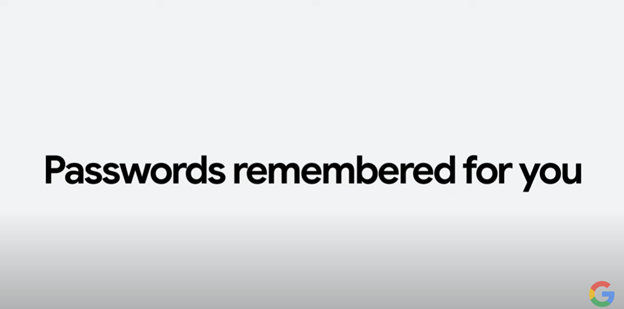How Not to Get Laid Off
/Nobody wants the call. The one where you get on the phone and your boss says, “Hey, I’ve got Karen from HR on the line.”
Your stomach flips and you find yourself looking for the closest trashcan while hearing bits and pieces of those well-rehearsed lines, “we’re making some changes….” “we hate to do this, but….” “we’ll be letting you go.”
Here’s how to avoid that call.
When you start thinking about quitting your job, take a day off. Get some perspective, like watching a barista clean up the mess left behind when middle schoolers bumrush a Starbucks for vente frappuccinos.
When you start applying for jobs, don’t do it at night. You’ll probably be mad from a crappy day and put your resume into the hands of anything that looks better than today. And sometimes anything calls back. And anything looks awfully good when nothing is going well.
Instead of writing cover letters, write what you want out of this life. Skip the three, five and ten-year questions. There will be plenty of time for those in your interviews. Really sit down and think about what you’d like to do with your short time on earth.
Take every piece of advice with a grain of salt. When you ask someone for input, remember their experience differs from yours. And just because what they say sounds good doesn’t mean it’s the right thing for you.
Once you start interviewing for those jobs you applied for while watching reruns of The Big Bang Theory, ask more questions than they ask you. And if there are holes in the story or things that don’t make sense, stay away.
If you sit down to talk with a potential future boss or folks on the team, watch how they act. If they’re answering a phone or lack the ability to hold eye contact unless they’re telling a story about themselves, stay away.
Meet with people who work in the industry or role you’re considering. But know that those conversations aren’t enough to save you from trouble.
Once you make it far enough in the process, if you have to continue following up to see if you’ll get an offer, don’t take it. It’s a good indicator of what the rest of the job will be like.
If it’s sales you’re going into, ask about the clients you’ll be working with. If they say, “we don’t have any yet,” start sweating. Then, ask about the timeline and lead generation process in place for you to succeed. If they don’t have good answers, wipe your brow and run.
Maybe you blow through all these warning signs and move forward anyway. If the future boss is pressing you to give less than two-weeks notice so you can start faster, get out before you even pee in the cup.
If the boss asks you to put together a list of leads you know in an industry you’ve never worked in but doesn’t have lists of their own, it’s a good time to follow up on those other applications.
When you’re a few months in and folks who’ve been there awhile are telling you to be worried without telling you to be worried, you should worry.
Once the feeling sets in that something isn’t quite right, and it hits you every day when you log in to your computer, think about your options before you end up talking with Karen on the line.
Maybe you ignore the red flags. Or, maybe you never saw them. Or didn’t let yourself see them. And that’s okay. Because getting laid off may be the best thing that could happen.







